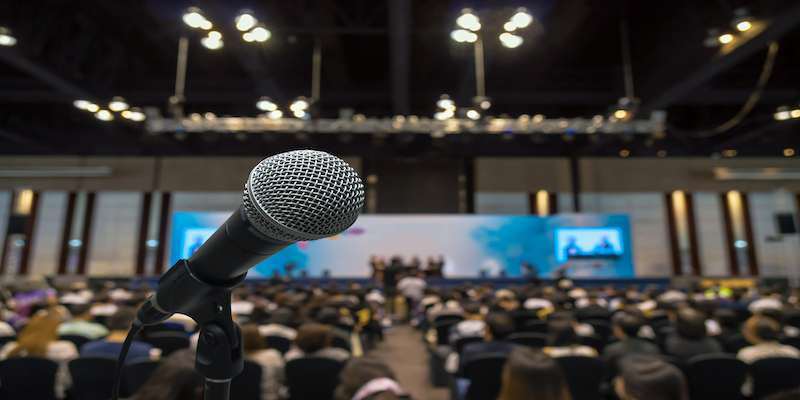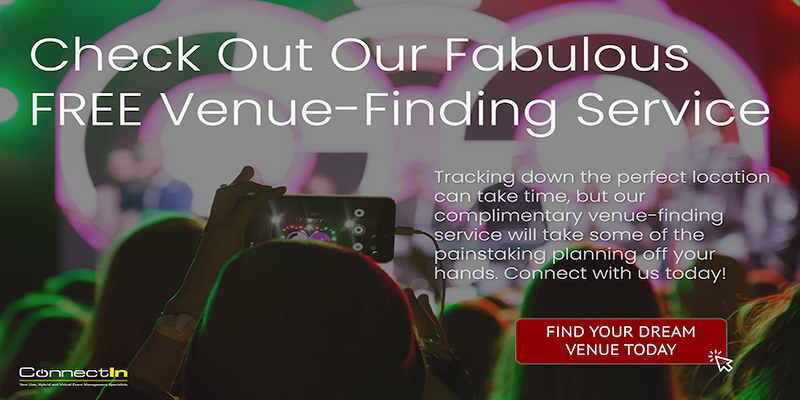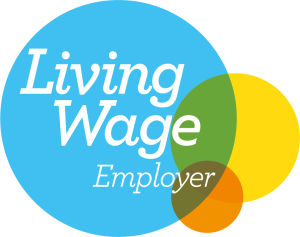Are you wondering how to organise a conference? If you’re a novice event planner, there’s every chance that you’re currently feeling overwhelmed by the long list of tasks which will need to be addressed in order to make your ideas a reality. The fact is that planning any live event involves mastering essential factors such as venue-finding, stage design, entertainment, and technical knowhow. So, where do you even start?!
First things first — don’t panic. Whatever type of occasion you’re working on, there are a few simple steps that will help you to plot a course from tentative plans to the big day. Whether you’re convention planning or seminar event planning (more about that shortly), these steps will help you to refocus, set priorities, and keep on top of every detail.
From types of conferences to the essentials of event management, we’ve got you covered.
What are the Main Types of Conference?
In the world of live events, you’ll often see words like conference, convention, and seminar being thrown around pretty interchangeably. Ultimately, all three are similar forms of social gathering that draw a crowd for a variety of purposes, making this common misconception fairly understandable. However, there are some subtle differences that could make it easier for you to decide which of these popular formats works best for your goals.
To help with your decision making, let’s take a closer look at the main differences between conferences, conventions, and seminars.
Conferences
Conferences are relatively formal corporate events that often revolve around the sharing of ideas and knowledge within a certain specialism or sector. The aim is to educate attendees about the latest findings through a combination of speeches, workshops, and presentations. This dissemination of new information means they’re a great opportunity for individuals to develop skills within their chosen field.
Perhaps the most well-known ‘conferences’ over the past decade have been TED Talks, which are packed with innovative ideas from some of the biggest names in business, tech, healthcare, and beyond. These hugely influential events are massively popular online, with people around the globe tuning in to hear guest speakers discussing everything from statistics to self-improvement.
Conventions
Conventions are an informal platform for a particular group to come together and talk about a common interest or pastime. They act as a focal point for enthusiasts to take part in panel discussions, exhibitions, sales booths, workshops, etc. Perhaps the most popular example of this in action is Comic Con, the huge global convention where fans meet artists, writers, experts, and each other, to share their passion for all things comic books, comic book movies, games, and beyond.
One of the main differences between convention planning and conference staging is that convention attendees may be required to pay for membership. More formal examples include political conventions, with members meeting up annually to learn from delegates and representatives about developments within their chosen political party. Convention planning in this context can help to set the agenda for the year to come and address wider societal issues.
Seminar Events
The first thing to note about seminar event planning is that it is likely to be much smaller in scale than either convention planning or conference staging. Where conferences and conventions can be spread over a number of days in cavernous venues, seminars are more likely to be held in compact hotel meeting rooms and halls. Seminar event planning can be expected to cater to less guests, with more scope for attendees to interact with speakers and take part in bespoke exercises and activities.
These occasions are widely hosted by businesses to inform and educate guests about the latest techniques within their chosen field. Aside from working through important industry-specific topics, they can also be used to offer life-improving professional — or even personal — guidance. This makes seminar event planning a great option if you want your employees to learn a vital new skill or adapt to changes within your sector.
How to Organise a Conference in 7 Simple Steps
So this is it, you’re planning a conference. You start to write down everything that you’re going to need and…realise that this is actually a lot harder than it looks. There’s just so much to do and the clock has already started ticking. Time to worry? Not just yet!
If this sounds familiar, it’s possible that you’ve thrown yourself into the finer details of event production and planning without first considering the basic essentials. Let’s force that spinning carousel of tasks to the back of our minds and focus instead on the simple steps that will help you to understand how to organise a conference:
1 – Set Goals
Before you decide how you’re getting to your destination, you need to know where you’re heading, right? Therefore, the most important question you can ask in the early stages is, ‘Why am I doing this?’. Keep a clear goal in mind of what you want to achieve and who you’re doing it for.
Set aside some time to think about the whats, whys, and whens. Don’t just think about this at the beginning either, give it some thought whenever you’re making any decisions. This includes decisions about anything from the venue to catering. Just keep coming back to your ultimate purpose, how you think you can get there, and whether your plans will help to engage your audience.
Finally, once you have a clearer idea of your main objectives, it’s important to think about how it will be unique and how you’ll measure success. Starting with a clear objective, i.e. ‘I want to educate my employees about the new business tools’, think about how follow-up tasks like questionnaires can determine how successful you were.
2 – Calculate Your Budget
The budget has a huge influence over how to organise a conference. Starting with the overall sum, think about how to best allocate funds among the likes of the venue, entertainment, speakers, and accommodation. Knowing how much you’ve got for each aspect will help you to stick within limits and ensure that you don’t have to massively compromise your vision.
Finally, don’t just think about outgoings. Are you bringing in money from ticket sales or sponsorship? These sources of revenue could make the difference between a decent venue and the one of your dreams!

3 – Consider the Planning Process
Whether you use a simple spreadsheet or automated software, someone needs to be at the wheel throughout the process. If you’re going it alone, you’ll need to be super-organised and detail-oriented to make sure that nothing vital is allowed to slip through the proverbial net.
Alternatively, perhaps you’re working with a team? If so, delegation and oversight are absolutely key and should not be overlooked. Make sure you put the right people in the right positions for their skill set and check in regularly to talk progress.
If all these factors seem overwhelming, you could take a short cut to success by contacting a professional event manager. These guys have the experience to know exactly how to organise a conference, limiting your involvement to confirming what you want and how much money you have to work with.
4 – Think Themes
Whether you’re seminar event planning or conference planning, your occasion should have its own unique theme. This could be anything from the latest food trends to recent shifts in consumer habits. Whatever it is, your theme should tie in with your main objective and be worked into every aspect of the event, from stage design to the props you source.
The theme shouldn’t be an afterthought, or casual add-on either. With so many competing events taking place week-in-week-out, you’ll need to come up with something fresh and engaging to rise above your rivals. This is your chance to get creative and make a splash — so make the most of it.
5 – Decide Where and When
The timing of your event is another crucial step which could have bigger implications than you might first realise. While it might be tempting to rush it through to hit peak summertime, this could add to costs, affect how many people can attend, and lead to you competing with other high profile events. Crucially, it might also reduce how much time you have to fit everything into a suitable event timeline, leaving you pushed for capacity and having to cut corners.
Similarly, the venue you choose will also have a huge bearing on the ultimate success of your occasion. From a purely financial point of view, shopping around for less popular dates could mean getting your ideal location for a fraction of the peak price. But the importance of the venue transcends costs alone.
The location should be suitable for your objectives and easily accessible for your guests. It will need to have the right facilities, be the right size, meet your technical demands, fulfil all of your entertainment plans, and have the capacity for any planned refreshments and catering. Finally, the venue is practically a living, breathing feature in its own right, so choosing the right one will need to tie into your wider objectives and theme.
6 – Entertain and Engage
Ignoring their differences for a moment, the likes of conference staging, seminar event planning, and convention planning all have one thing in common: the best speakers usually draw the biggest crowds. If you really want to fill those seats, draw up a shortlist of your preferred targets as a starting point. Reach out to them about availability and whittle down your options until you have enough speakers to fit within your budget and, vitally, provide attendees with enough material to go away invigorated.
While you’re busy bringing in the industry’s big hitters, don’t overlook the need for entertainment to break things up. No matter how compelling your presentations are, the effect is bound to be diluted if people are expected to just listen attentively all day. Popular choices for conferences include team building exercises, networking areas, magicians, and comedians. If the conference spans multiple days, you could even plan a slap-up dinner with fire breathers and DJs to help everyone let their hair down after a good day’s learning!
7 – On the Day and Follow Up
Your agenda is more than just a wishlist, it’s a detailed plan of everything that is scheduled to take place and a staple of corporate event production. Not only will you need a timetable for guests — which should be formulated and sent out well in advance — but you’ll also need one for planners and the venue team. This will help them to ensure that everything stays on track and, ideally, should be hashed out in a dry run. If things go wrong — as they often will — make sure you’ve got a contingency plan to keep those plates spinning!
And now, the final step for anyone wondering how to organise a conference — the follow up tasks. While you might be tempted to put your feet up and congratulate yourself on a job well done, it’s important to ask for feedback as soon after the event as possible. This is the time to thank speakers and send out questionnaires to assess how easily you ended up smashing your goals!
Make Yours a Compelling Conference with ConnectIn Events
Knowing exactly how to organise a conference is one of the things that ConnectIn Events does best. A highly-experienced team, we specialise in transforming your ideas into the very best live occasions around. Just tell us what you’re after and your personal planner will manage the process from beginning to end with ease.
An expert in the field, we know how to master the little details that can combine to educate, inform, engage, and excite. From excellent entertainment ideas to vibrant venues, there’s nothing we can’t handle. Whether you have your own ideas or choose to rely on us for inspiration, we’ll adapt accordingly to arrange a truly one-of-a-kind conference that hits your targets and wows your guests.
Don’t let yourself get bogged down by the stresses of planning a live event, let the specialists lead the way.
For more details, get in touch with a member of our team today.

![How to Organise a Conference [7 Easy Steps]](https://connectinevents.co.uk/wp-content/uploads/2024/04/how-to-organise-a-conference-image.jpg)




